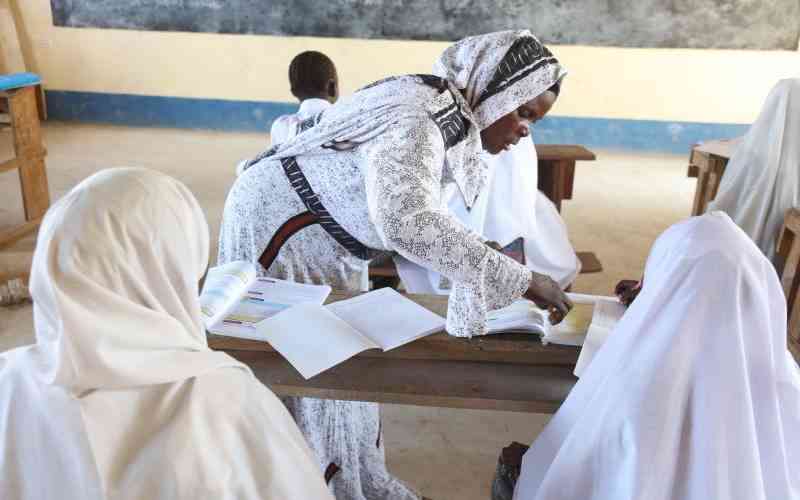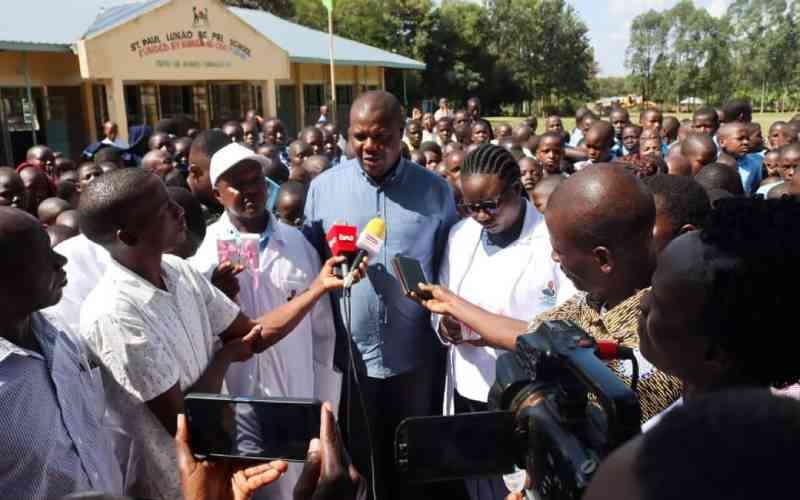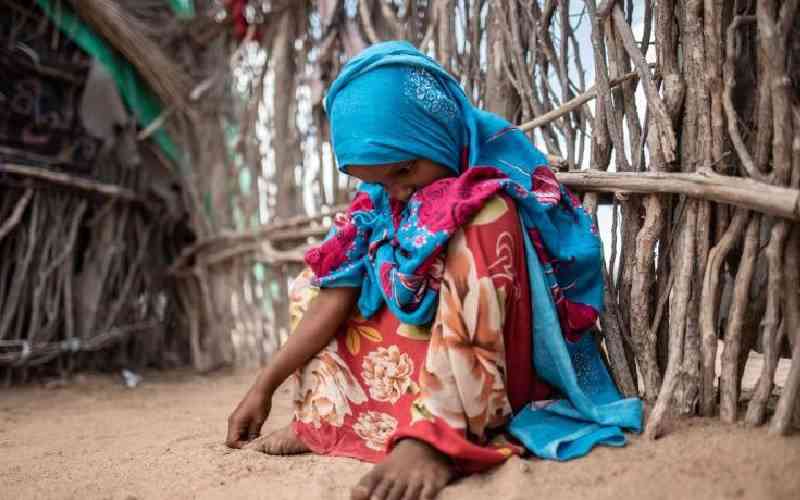Journalists from ten African countries visited China last week and, through the ministry of Foreign Affairs of China, engaged Prime Minister Li Keqiang on a number of issues relating to China-Africa ties. The Premier is scheduled to visit Ethiopia, Nigeria, Angola and Kenya to shed light on China’s focus in its relations with the continent in the coming years. The premier reveals what plans his country has concerning Africa-China relations to strengthen the bond and grow the African economy.
Q: Despite changes in the world in the past 50 years and more, China-Africa relationship has remained strong and grown in stature. What has made this possible?
China-Africa relationship has a long history full of vitality. Since the 1950s and 60s, our common historical experiences have brought China and Africa together, and we have forged deep friendship in our joint struggle during which we have supported each other in times of difficulty.
This is your first visit to Africa as China’s Premier. What is the purpose of your visit?
I will visit Ethiopia and deliver a speech on China’s position on advancing China-Africa relations and cooperation in the new era and also discuss with the leaders, on strengthening bilateral ties and extensively engage with locals from different sectors. I will address the World Economic Forum on Africa and exchange views with participating leaders of African countries on promoting bilateral relations and cooperation. I hope that through my visit, the 1 billion African people will strengthen their understanding that the 1.3 billion Chinese are their reliable partners and that China is ready to pass on the relay baton of China-Africa friendship to future generations.
What specific measures does China take to promote future China-Africa cooperation?
China is the largest developing country while Africa has largest number of developing countries. Both China and Africa face the urgent task of developing economy and realising modernisation. China and Africa will expand exchanges and cooperation in poverty reduction for common development. Over 100 million people in China still live below poverty line. Africa is also faced with challenges on the road towards the Millennium Development Goals.
China and Africa are committed to developing economy and improving people’s livelihood, which makes poverty reduction one of the highlights of China-Africa cooperation. China is ready to share with Africa its experience on poverty reduction and agricultural development, enhance agricultural cooperation and help Africa train technical and managerial personnel on agriculture.
China and Africa will strengthen industrial and commercial cooperation and promote Africa’s industrialisation and manufacturing sector. Africa has entered the fast track of growth and its modernisation process is gaining momentum. China is ready to bring into full play its advantages and take an active part in Africa’s infrastructure development to promote connectivity on the African continent. Through infrastructure building, we will promote industrial cooperation and help Africa to focus on developing labour-intensive manufacturing, which will create jobs and boost consumption.
China will also create new ways of investment and financing cooperation to help Africa address the funding shortfalls. During the visit, the two sides will sign cooperation agreements in such areas as road, railway, aviation and electric power.
China and Africa will enhance cooperation in human resources and eco-environment so as to sustain the momentum of Africa’s long-term development. Africa has the biggest potential in human resource. China is ready to train more professionals of multiple types for African countries, and provide more vocational education tailored for Africa’s young people to help Africa fully and durably unleash the population dividends. China will have closer cooperation with Africa and provide funding to promote Africa’s efforts to protect its wild animal resources and address the challenges of climate change.
In recent years, there have been media reports about imbalance in China-Africa trade, sub-standard Chinese exports to Africa, and violation of local labour regulations by Chinese companies. How do you view such problems in China-Africa cooperation?
The Chinese government takes these issues very seriously and is willing to resolve them with African countries through earnest consultation in the spirit of mutual respect, pragmatism and efficiency. Let me reiterate that China will continue to carry out cooperation with Africa under the principle of sincerity, equality and mutual benefit and urge Chinese companies to strictly abide by local laws and regulations, hold themselves accountable to the quality of the contracted projects and goods and to consumers and shoulder due responsibility to local communities and the environment. At the same time, I call on relevant African countries to strengthen market regulation and public security measures and protect the lawful rights and interests of Chinese companies in Africa and the safety of their employees.
Problems, after all, are isolated cases in the whole picture of China-Africa cooperation. In recent years, the deepening of cooperation has been the mainstream and general trend. In 2013, China-Africa trade reached US$210 billion, 2,000 times that of 1960. China has been Africa’s biggest trading partner for five years running. More than 2,500 Chinese companies are operating in Africa, creating over 100,000 jobs for local communities. Last year, the over 1.4 million visits by Chinese travelers generated huge amount of exchange revenue for Africa. According to an IMF report, China-Africa cooperation has contributed to more than 20 per cent of Africa’s development.
China is accused of pursuing “neo-colonialism” in Africa by some media. What is your comment?
Stay informed. Subscribe to our newsletter
In the cooperation with Africa, China has always upheld the principles of equality, mutual benefit, real results, efficiency, sincerity and credibility and never attached any political strings to its assistance to Africa. This has been China’s decades-long practice without any deviation.
The aim is to improve Africa’s investment environment and its people’s lives. Numerous infrastructure projects built with Chinese assistance, including schools, hospitals, stadiums and urban water and power supply systems have improved the living and working conditions of African people. To lessen Africa’s burden, China had altogether canceled RMB20 billion worth of debts owed by African countries by the end of 2013. To enhance African countries’ own development capacity, China has worked actively to help African countries develop their own modern and well-equipped manufacturing sector and agricultural system through industrial and financial cooperation.
Like many African countries, China once suffered foreign invasion and fell under colonial and semi-colonial rule. The so-called “China’s neo-colonialism in Africa” is a false accusation inconsistent with Chinese tradition and culture, and does not reflect the reality of friendly, equal-footed and mutually beneficial cooperation between China and Africa.
A number of African leaders have stated in public that Africa, with a history of colonialism, knows well what colonialism means and will not be misled by such accusation. I wish to assure our African friends in all seriousness that China will never pursue a colonialist path like some countries did or allow colonialism, which belonged to the past, to reappear in Africa.
 The Standard Group Plc is a
multi-media organization with investments in media platforms spanning newspaper
print operations, television, radio broadcasting, digital and online services. The
Standard Group is recognized as a leading multi-media house in Kenya with a key
influence in matters of national and international interest.
The Standard Group Plc is a
multi-media organization with investments in media platforms spanning newspaper
print operations, television, radio broadcasting, digital and online services. The
Standard Group is recognized as a leading multi-media house in Kenya with a key
influence in matters of national and international interest.
 The Standard Group Plc is a
multi-media organization with investments in media platforms spanning newspaper
print operations, television, radio broadcasting, digital and online services. The
Standard Group is recognized as a leading multi-media house in Kenya with a key
influence in matters of national and international interest.
The Standard Group Plc is a
multi-media organization with investments in media platforms spanning newspaper
print operations, television, radio broadcasting, digital and online services. The
Standard Group is recognized as a leading multi-media house in Kenya with a key
influence in matters of national and international interest.








